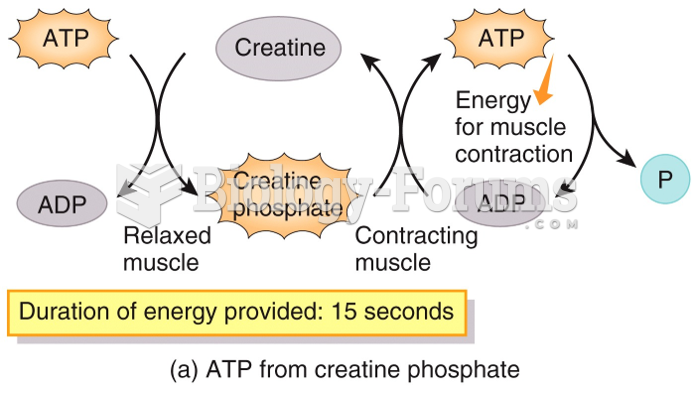|
|
|
To prove that stomach ulcers were caused by bacteria and not by stress, a researcher consumed an entire laboratory beaker full of bacterial culture. After this, he did indeed develop stomach ulcers, and won the Nobel Prize for his discovery.
In most cases, kidneys can recover from almost complete loss of function, such as in acute kidney (renal) failure.
In the United States, there is a birth every 8 seconds, according to the U.S. Census Bureau's Population Clock.
More than 4.4billion prescriptions were dispensed within the United States in 2016.
Vaccines cause herd immunity. If the majority of people in a community have been vaccinated against a disease, an unvaccinated person is less likely to get the disease since others are less likely to become sick from it and spread the disease.







